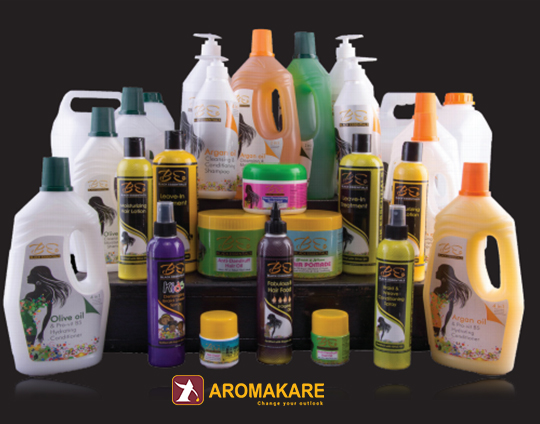How to Buy and Export Beauty Products from Kenya the Right Way
How to Buy and Export Beauty Products from Kenya the Right Way
The beauty industry continues to grow worldwide, with demand for natural, organic, and cruelty-free products continuing to rise. As such, more and more businesses are popping up that cater specifically to the needs of customers who prefer natural and eco-friendly beauty products. If you’re thinking of starting your own business selling these types of products, there’s no better place than Kenya. This East African country is home to many small businesses that specialize in everything from handmade jewelry to wooden carvings. These businesses frequently source their supplies from local suppliers—and this includes raw materials for beauty products. If you’re interested in starting your own business selling natural and eco-friendly beauty products sourced directly from suppliers in Kenya, read on for some great advice on how you can get started.
Know Your Suppliers
The first thing you’ll need to do is to find suitable suppliers. You can do this by visiting trade shows and exhibitions in Kenya, and getting in touch with existing suppliers you meet at these events. You can also start by examining the profiles of suppliers on Alibaba—a supplier directory where you can search for businesses in Kenya that produce beauty products. It’s important to note that every supplier is different. Some may produce thousands of products every month, while others may produce just a few items per year. Some suppliers may also specialize in certain types of products, while others produce a wider variety of goods. Find out as much as you can about the suppliers you’re considering partnering with. This will help you to narrow down your list of suppliers and choose the ones that are best suited to your needs.
Decide on the Type of Product You’ll Sell
There are several different types of beauty products that you can sell. You can sell natural skincare products, such as face creams and body lotions. You can also sell beauty tools, such as makeup brushes, hair dryers, and skin care tools such as facial peels. Another option is to sell beauty accessories, such as makeup bags and jewelry that can be worn with makeup. There are pros and cons to each of these product types. For example, skincare products are easy to source, but they can be expensive to buy. On the other hand, accessories are relatively cheap to source, but they can be expensive to sell. Whichever product types you choose to sell, be sure to focus on items that are in high demand. This will help to increase your sales and maximize your profits.
Create a Business Plan
Before you dive headfirst into setting up your business and sourcing products, you should create a business plan. A business plan will help you to identify your target customers and understand their needs—along with the challenges you may face when selling your products. It’s also important to understand your competition. While there are many natural and organic beauty products available in Kenya, there are also plenty of brands from other countries. You can easily identify your competition by typing the keywords “beauty products” into Google. You’ll soon discover that many companies from other countries are selling beauty products in Kenya.
Set Up Your Company
Before you start selling beauty products, you’ll need to set up a company. You can do this by registering for a business license. You may also want to apply for a tax identification number, which will enable you to claim taxes you’ve paid on your products. Once you’re set up, you’ll want to create a store where customers can purchase your products. There are many sites where you can host your e-commerce store, including Shopify, Etsy, and Wix. It’s also important to consider how you’ll accept payment for your products. Many customers in Kenya don’t have access to credit or debit cards, so you’ll need to set up a payment method that is widely accepted, such as M-Pesa.
Finding Kenyan Beauty Products to Export
Once you’ve found suitable suppliers, you’ll need to choose the products you’ll buy and export. You can begin by looking at the suppliers’ websites. You can also ask your suppliers if they have any recommendations. Once you’ve found a product you want to buy, you’ll want to test it out and make sure it’s right for you. Ask your supplier if you can get a sample of the product, or purchase a small quantity to test out and sell to your customers. If everything checks out, you can proceed and begin purchasing the products in bulk for export.
Conclusion
Opening an e-commerce store selling natural and organic beauty products sourced from suppliers in Kenya can be a great way to start your own business. This can be a lucrative business opportunity, especially if you choose products that are in high demand. You may face some challenges when sourcing products for export, however. This is particularly true if you’re new to the business and don’t have much experience sourcing from suppliers. You can overcome these challenges by conducting thorough research before you begin sourcing and setting up meetings with potential suppliers face to face. You can also overcome these challenges by creating a detailed business plan, and setting up your company properly. Once you’ve successfully sourced products, you can begin selling them online, to customers in your local area, and all over the world.








LEAVE A COMMENT
You must be logged in to post a comment.